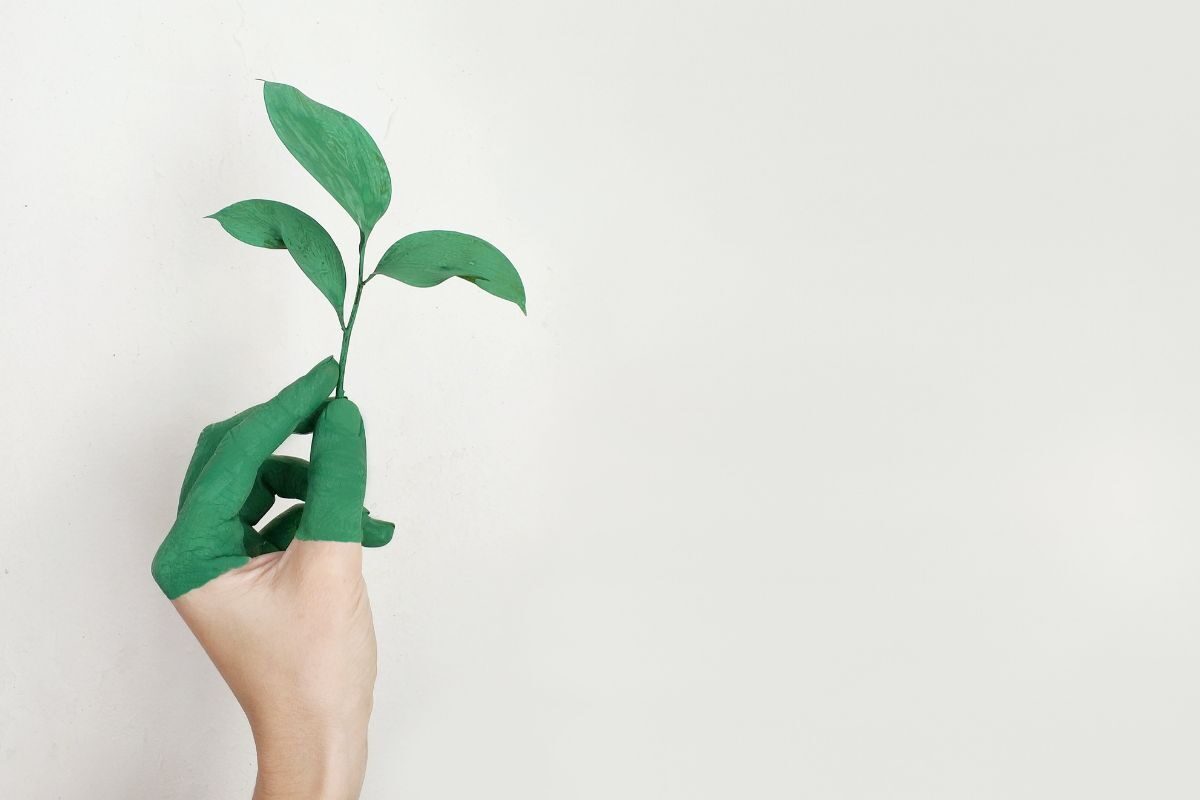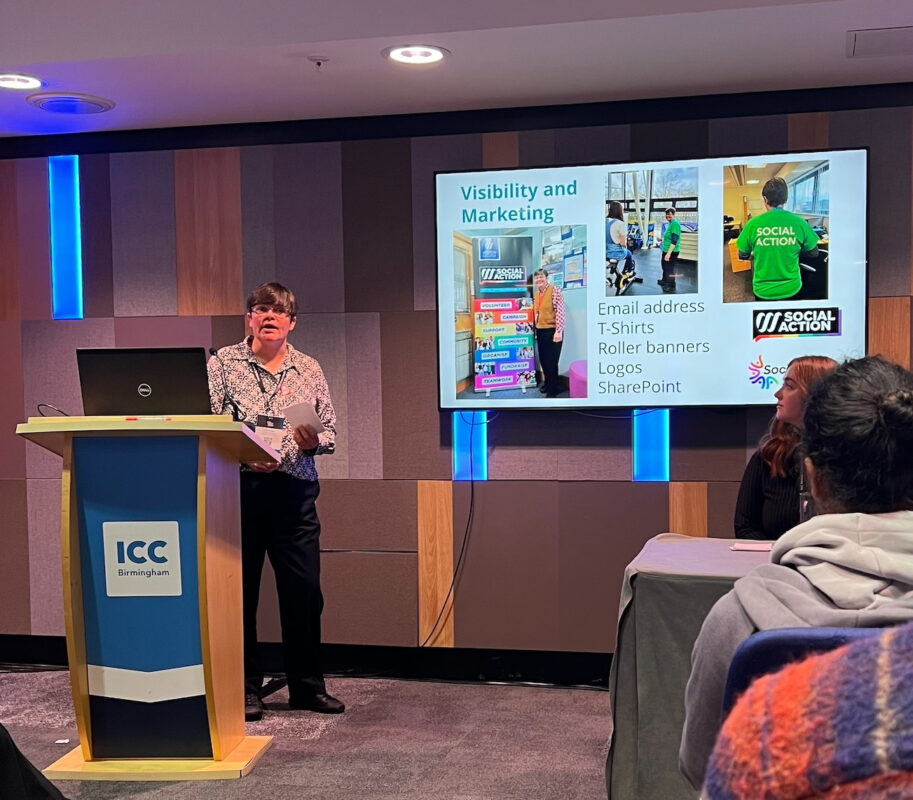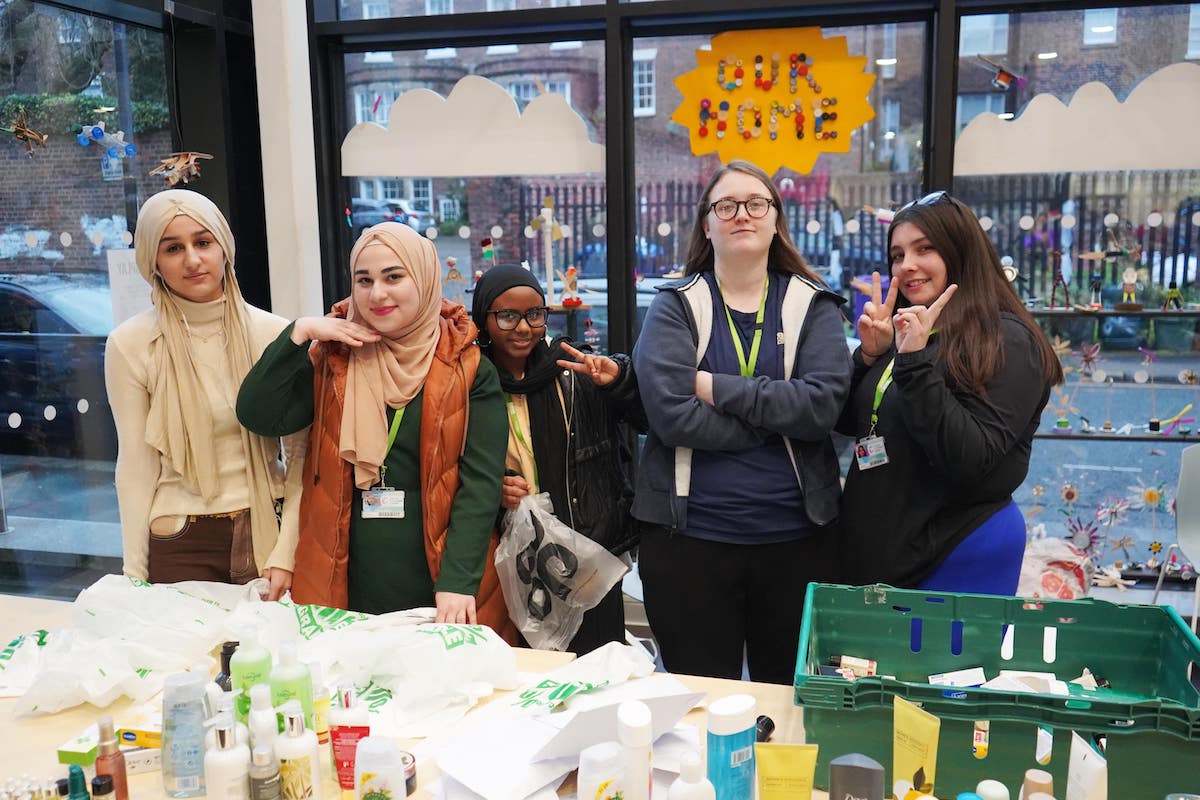Twinkl Bridging the Gap in Sustainability Education for a Greener Tomorrow

Climate change’s global ramifications are acutely felt at the local level, impacting both physical landscapes and emotional well-being within communities. As the world grapples with the pervasive challenges of climate change, it has become evident that misinformation and eco-anxiety have taken a toll on mental health. To address these concerns and bridge the gap in sustainability education, Twinkl has taken the initiative to integrate sustainability topics into curricula through its eco-focussed resources.
The Urgency of Sustainable Education
Climate change’s ripple effects have highlighted the importance of educating the younger generation about environmental sustainability. While educators and students alike acknowledge the significance of the issue, the absence of sustainability in the national curriculum poses a significant challenge. Twinkl recognises the gravity of this gap and aims to empower educators to confidently address climate change and sustainability topics, fostering a generation capable of positive environmental impact.
Empowering Educators to Drive Change
In a recent survey conducted by Twinkl involving 200 teachers, 68% expressed a lack of confidence in teaching sustainability and climate change topics. Over 92% of respondents considered teaching these topics highly important. Among the hurdles identified, 43% cited insufficient time as a primary barrier. Twinkl is determined to provide educators with the necessary tools, resources, and confidence to seamlessly integrate sustainability education into their teaching approach.
“Sustainability and climate change are issues of great relevance in today’s society and it is essential that educators are well informed and prepared to address these issues in the classroom”, explained Claudia, a Teacher.
Introducing a Sustainability Curriculum
To support school leaders, Twinkl Leaders Team have put together a useful quick look guide on Introducing a Sustainability Curriculum. This guide provides a useful starting point for leaders in terms of whole school curriculum planning and making their site more sustainable.
Introducing Eco Adventurers: Where Education Meets Sustainability
Twinkl’s innovative Eco Adventurers programme is a comprehensive sustainability scheme designed to complement National Curriculum subjects, including science, geography, PSHE, and design technology. This programme ensures educators have the confidence to delve into climate change, sustainability, and the responsibility of safeguarding our planet. Eco Adventurers’ curriculum isn’t confined to traditional subjects; it extends into real-world skills applicable to daily life, encouraging children to initiate positive change within their homes and communities.
Kat Oakes, Sustainability Product Owner at Twinkl explained,
“We want to instil confidence with educators and inspire the next generation to be great inventors of change. Sustainability and climate change are topics that are essential to understanding and safeguarding our future. We want children to become empathetic and inventive young leaders who will be equipped with the knowledge, skills and values they need for a future marked by environmental crises.”
Twinkl’s friendly cast of Eco Adventurers characters are integrated within the curriculum, to pose discussion questions and also fun facts about content in a friendly way. They focus on the positive ways we can work together to take care of our planet and approach sustainability with optimism, without downplaying its importance.
Mitigating Eco-Anxiety for a Positive Learning Experience
Sustainability education should inspire without burdening young minds with eco-anxiety. Twinkl’s Eco Adventurers programme thoughtfully addresses this by offering scientifically accurate content, engaging activities, and a “spread the joy” section in each lesson to promote positive sustainable news. The programme’s “The Happy Times” sustainability magazines, tailored for various age groups, foster a love for learning while sharing awe-inspiring stories about the environment.
Eco Adventurers have just released their second unit, Water & Life Below Water resources for Year 1, Year 2, and Year 3. This unit is designed to teach children about water sustainability, local water sources in their area and at home, the importance of water, rivers, oceans, water habitats and supports children to consider the impact of natural processes and human activity on our planet’s water & life below it. The resources for EYFS, Year 3, Year 4, Year 5 and Year 6 will be ready to explore soon.
By creating a nurturing environment for the discussion of sustainability and climate change, educators can guide students towards empathetic leadership and informed decision-making.
Advancing Sustainability Education: Government Strategy
Recognising the vital role of education in addressing climate change, the UK government released ‘Sustainability and climate change: a strategy for the education and children’s services systems’ in 2022. This strategy aims to integrate sustainability education into various subjects and empower young individuals with the knowledge to create a greener world.
By 2025 a sustainability lead will be nominated and a climate action plan will be in place. The sustainability leadership could be a group of people or an individual responsible for the development and implementation of a climate action plan, which is a detailed plan to enable your education setting, or trust, to progress or commence sustainability initiatives. By 2030 education settings will be taking part in circular economy initiatives such as using food waste to produce compost, through participation in the Climate Leaders Awards and National Education Nature Park.
Working in Partnership With Parents and Home Educators
Sustainable education should not just take place in the classroom. Outdoor learning experiences are an essential part of a broad and balanced curriculum that can help alleviate anxiety and improve wellbeing while strengthening connections with the natural world.
Outdoor learning skills can also be developed at home. To support parents, the Leaders Team have worked in collaboration with Green Earth Learning to develop a resource that encourages children to enjoy the outdoors.











Responses